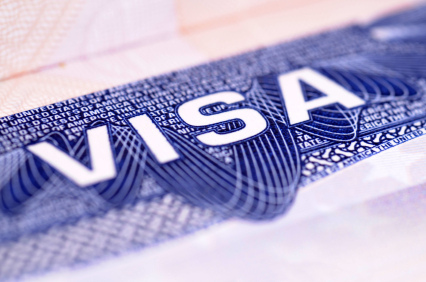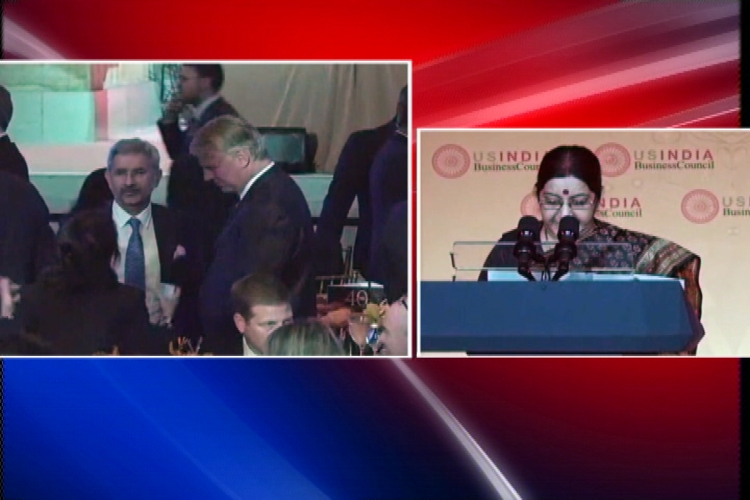
NEW YORK (TIP): India has filed a complaint in the World Trade Organization (WTO) against the US decision to impose high fees on temporary working visas, like H-1B and L-1 visa, a move that makes Indian IT companies less competitive in that market.
In the complaint, India has notified the WTO that “it has initiated a WTO dispute proceeding against the US regarding measures imposing increased fees on certain applicants for L-1 and H-1B categories of non-immigrant temporary working visas into the US, and measures relating to numerical commitments for H-1B visas,” the WTO said in a statement. India has time and again raised serious concerns over the issue saying the move would impact Indian IT professionals.
The Geneva-based body said Friday that India has notified it has started dispute proceedings alleging the U.S. measures are not consistent with Washington’s commitments to accept services from other countries.
The statement said that according to India, the US’ measure “appear to be inconsistent” with the global norms. According to India, it said, the current measures appear to be “inconsistent” with the terms, limitations and conditions agreed to and specified by the US in its commitments under the GATS (General Agreement on Trade in Services).
In its request for consultation, India alleges the U.S. had increased fees for temporary visas in December, officials said. It argues that as a result, some Indians receive unfair treatment compared with Americans in the United States in providing similar services in sectors like computer services.
A spokesperson of the US trade relations, Andrew Bate, has confirmed that they have received the request for consultation from WTO.
“We are confident that the United States’ visa program, which was recently updated on a bipartisan basis by Congress, is fully consistent with our WTO obligations,” he said.
The US had recently doubled the fees for certain categories of H-1B and L1 visas to$4,000 and $4,500, respectively. H-1B and L-1 visas are temporary work visas for skilled professionals. India is the largest user of H- 1B visas (67.4 per cent of the total 161,369 H1B visas issued in FY14 went to Indians) and is also among the largest users of L-1 visas (Indians received 28.2 percent of the 71,513 L1 visas issued in FY14).
Andrew Bates, spokesperson for the U.S. trade representative, confirmed the U.S. had received the request for consultations.
“We are confident that the United States’ visa program, which was recently updated on a bipartisan basis by Congress, is fully consistent with our WTO obligations,” he said.
The Indian move is unusual at the WTO, where most disputes involve goods, tariffs and restrictions, not services.
Last summer, the WTO upheld a ruling that India was unfairly blocking imports of U.S. poultry and eggs, which the Obama administration called a major victory that could expand export opportunities for American farmers.




Be the first to comment